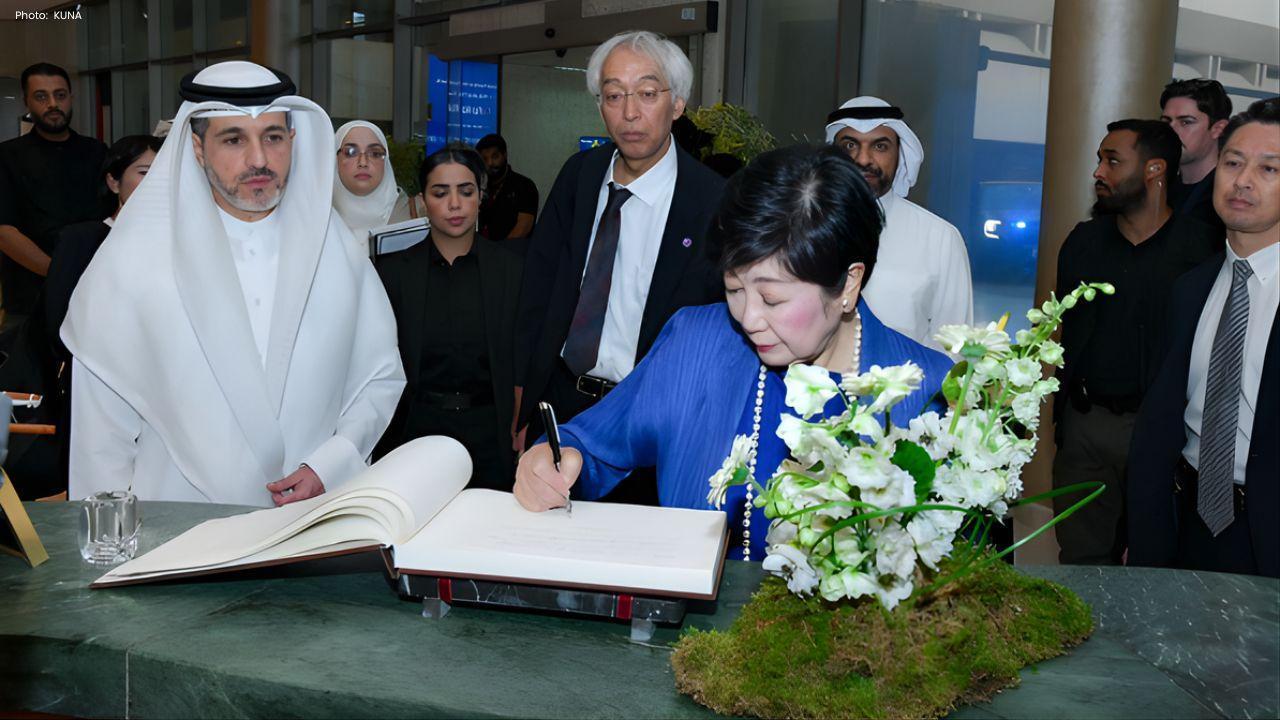
Post by : Anis Al-Rashid
Food reflects culture, history and environment. As travel, migration and media expose diners to international dishes, staples like pasta, sushi, tacos and curries have become familiar across many Gulf cities.
When these dishes travel, they are often reshaped. Local supply, palate preferences and cooking traditions influence ingredients and techniques, producing hybrid plates that blend original concepts with regional sensibilities.
Several factors push cuisines to change. Regional taste profiles differ: spice levels, sweetness or sourness are adjusted to suit local diners. Religious or dietary rules also shape preparation methods and ingredient choices.
Cost and availability matter as well. Restaurants frequently replace costly imports with affordable or native alternatives so international recipes can reach a wider audience while remaining practical to produce.
Pizza and pasta often take on local flavours. Toppings and sauces vary by market—think unconventional pizza combinations or pastas paired with regionally popular seafood and spices.
Sushi and ramen are commonly modified. Rolls may include fruits or creamy components not typical in their origin countries, and broths or proteins are adapted to local preferences.
Tacos and burritos are fused with regional ingredients: local cheeses, roasted vegetables or native pulses can replace traditional elements while keeping the dish structure familiar.
Curries and street foods evolve abroad; some creations, like the now-classic chicken tikka masala, were developed to suit local tastes while retaining core spice profiles.
Local reinterpretations act as cultural bridges, offering accessible introductions to foreign cuisines. Events such as food festivals, pop-ups and workshops accelerate this exchange, encouraging experimentation and appreciation.
Adaptation brings innovation but raises questions about authenticity. Substituting ingredients can alter a dish’s identity, so chefs work to maintain an honest link to origin while keeping dishes approachable.
Seasonal produce and native herbs significantly shape reinterpretations. Using local crops not only supports sustainable sourcing but ties international concepts to the regional foodscape.
Platforms such as Instagram and TikTok speed the spread of fusion ideas. Visual appeal and novelty encourage cooks to try new combinations, influencing both flavours and presentation.
Restaurants test fusion through seasonal menus, tasting menus and chef specials. Storytelling around a dish—its origin or how it was adapted—helps diners connect with the offering.
Tourists seek both authenticity and familiar comfort, driving interest in local takes on international dishes. Culinary tourism encourages chefs to explore respectful, creative adaptations.
Modern diners are open to new tastes. Restaurants refine reinterpretations using customer feedback on flavour, portion and presentation so dishes better fit regional expectations.
Fusion dishes introduce unfamiliar ingredients in a reassuring format, promoting curiosity about culinary origins and fostering cultural understanding through food.
Sustainability and technology will guide future reinterpretations—plant-based options, waste reduction and tech-enabled experiences are likely to shape fusion cooking ahead.
Local adaptations of global cuisines combine creativity, practicality and cultural exchange. For GCC diners and chefs alike, these reinterpretations expand culinary choice while reflecting regional tastes and resources.
This article is for informational purposes only and does not constitute professional culinary or nutritional advice. Readers should consider personal dietary restrictions and consult culinary experts when experimenting with international dishes.










Munich To Host 2028 Final, Wembley And Camp Nou For 2029
UEFA confirms Munich will host the 2028 Champions League final, while Wembley and Camp Nou compete f

Indian Tennis Legend Rohan Bopanna Announces Retirement
Indian tennis star Rohan Bopanna retires at 45 after 20 years of success, with two Grand Slam titles

French Actor Tchéky Karyo Passes Away At Age 72
French actor Tchéky Karyo, known for Nikita and The Missing, dies at 72 after a battle with cancer,

New Zealand Beat England To Seal 3-0 ODI Series Sweep
New Zealand defeated England by two wickets in the third ODI at Wellington, sealing a 3-0 series swe

Dharmendra Admitted to Hospital After Breathing Issue
Veteran actor Dharmendra has been admitted to the ICU after facing breathing issues. His condition i

Hazlewood Stars As Australia Crush India In Second T20
Josh Hazlewood’s fiery 3-13 spell helped Australia bowl out India for 125 and chase the target easil